Table of contents
Key Takeaways
This blog post was written by Mark Chan, a nutrition graduate volunteering at Nourish & Nurture.
Perhaps you have heard of inositol as a recommendation to treat PCOS. Have you considered trying it? Various types of inositol have been shown as an effective primary treatment for women with polycystic ovarian syndrome (PCOS). With emerging research on its efficacy, this supplement can be very beneficial towards treating symptoms of PCOS.
What is Inositol?
Inositol is a natural organic compound that is known to influence the insulin response in our cells. Research suggests that women with PCOS have an imbalance of this compound in their body. This is important because it appears that inositol seems to function as a mediator of insulin action through what are known as second messengers called inositol phosphoglycans (IPGs). Studies show that an impairment of the insulin signalling pathway is a result of dysfunctional regulation of these IPGs. This suggests a subtle connection between a deficiency of inositol and insulin resistance for women with PCOS and may even be an underlying cause of the condition, eventually leading to other metabolic disorders.
Similar to B-vitamins, myo- and d-chiro inositol have presented promising results in improving nearly all aspects of PCOS. In addition, they are involved in numerous biochemical pathways within egg cells including follicular development and oocyte maturation. The combination of the two types of inositol is beneficial and even recommended as myo-inositol functions to improve ovulation and d-chiro inositol reduces peripheral hyperinsulinemia. Although these are favourable conclusions, people should understand its connection to PCOS while always consulting your health professional before starting any supplements.
How can it help with PCOS?
Inositol helps to increase cells’ sensitivity to insulin. Normally, the cells in our body receive energy by absorbing glucose with the help of this hormone. In PCOS, your cells become less sensitive to insulin, causing increased blood sugar levels since the glucose is unable to be absorbed properly. Another helpful function of inositol is that it decreases fat cell biomarkers and androgens found in the blood.
Here is a list of Inositol benefits for PCOS:
- Reduced insulin resistance
- Reduced androgen levels (including testosterone)
- Decreased risk of cardiovascular disease
- Increased ovulation frequency and improved egg and embryo quality
- Decreased anxiety
- Reduced metabolic syndrome (high blood pressure, high blood sugar, excess body fat, etc.)
- Regular menstrual cycles
- Reduced HbA1c levels
Where can I get it from and how is it taken?
Inositol can be found naturally in foods such as beans, fruit, grains, and nuts. However, as a medical treatment for PCOS, it’s important to get the recommended dose from supplementation.
Not all inositol supplements are the same! There are 9 different forms of inositol and 2 of which are naturally abundant in our bodies. These are the myo- and d-chiro inositol mentioned earlier. Most supplements you will find will contain either or both compounds. However, it is recommended to find supplements that contain both the myo- and d-chiro inositol together in a 40:1 ratio as this has shown the most promising results after three months with no relevant side effects.
Inositol products come in the form of either a powder or capsule. The powder is typically dissolved in hot or cold liquid and consumed twice a day. Taking it with your meals is suggested since it functions to lower your glucose and insulin levels. Generally, it can take at least three months of regular supplementation to notice the results. After which, it is important to continue taking it and don’t forget to keep your healthcare provider updated with your progress.
How does it compare to Metformin?
Although inconclusive at the moment, inositol has shown promising results in favor of it over the use of metformin as a more effective treatment for PCOS. While metformin is still an effective treatment, it does come with side effects.
Are there any side-effects?
High doses of inositol can cause hypoglycemia and mild gastrointestinal effects including nausea, flatus, and diarrhea. However, unlike metformin, there have been no reported relevant side effects to the supplementation of inositol in regular doses. In fact, evidence has suggested that it produces better ovulation and pregnancy outcomes in comparison to metformin.
Conclusion
Inositol has shown numerous promising results in favour of its efficacy towards the treatment of PCOS. From increasing your cells’ sensitivity to insulin to decreased metabolic syndrome disorders and taken without any side effects! If you have any questions regarding the supplementation of Inositol, please contact your healthcare provider.

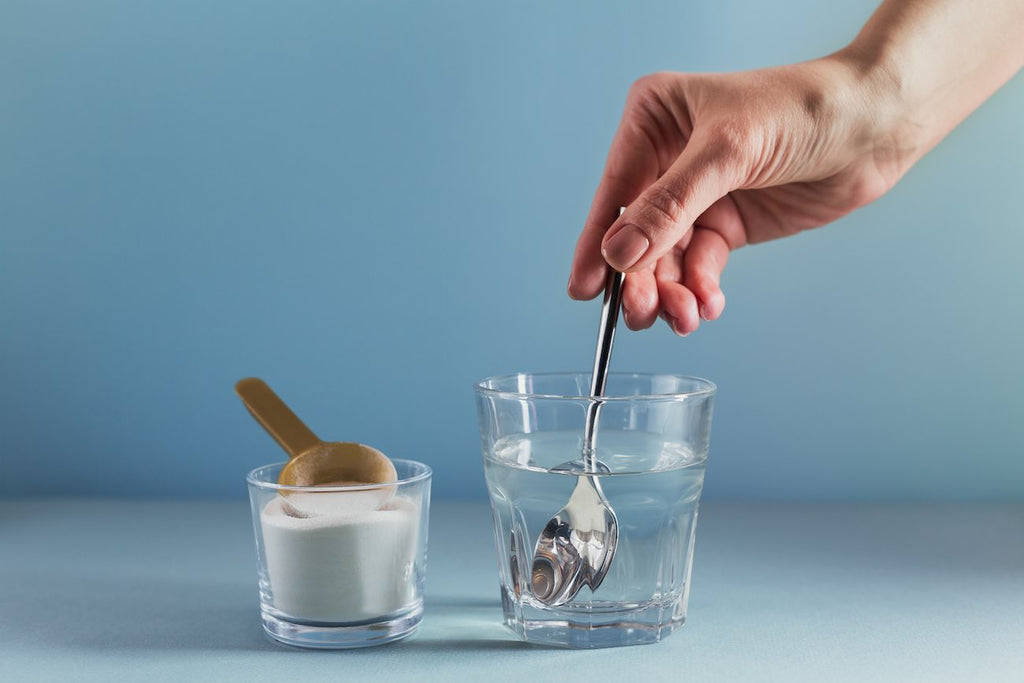

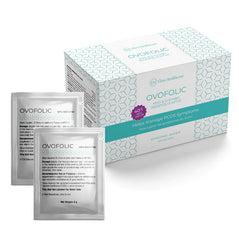

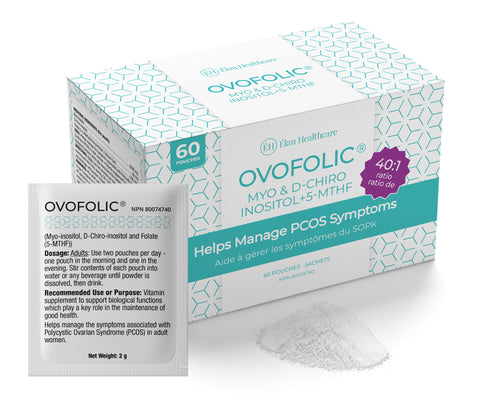
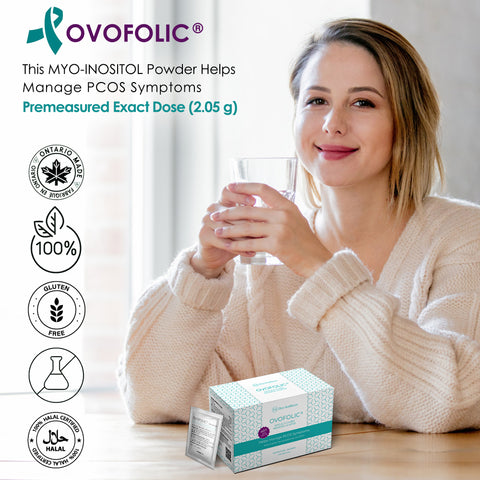
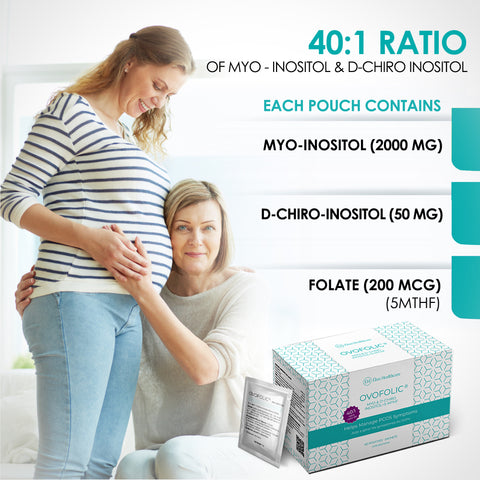
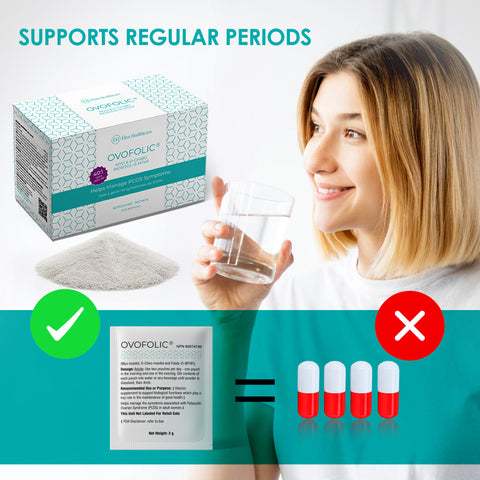
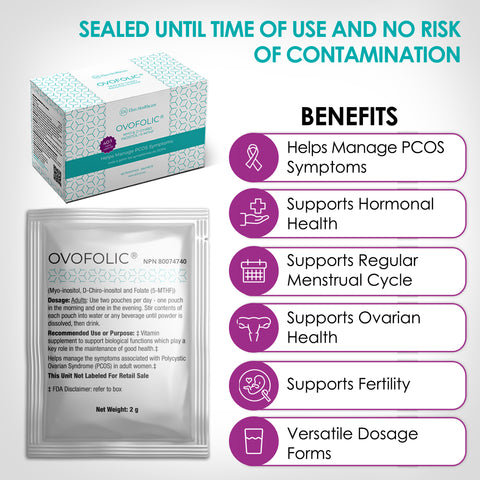
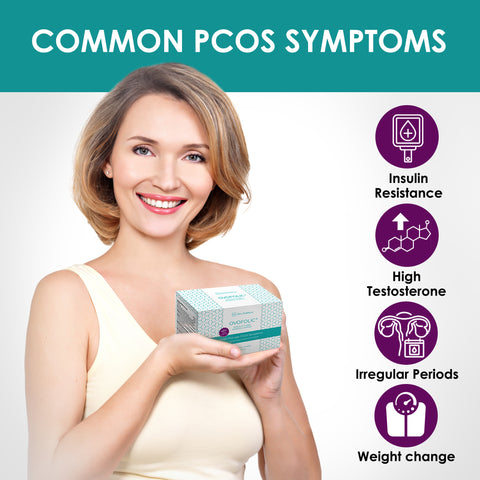
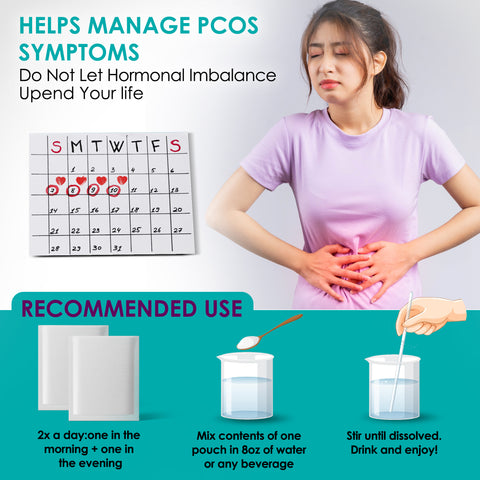
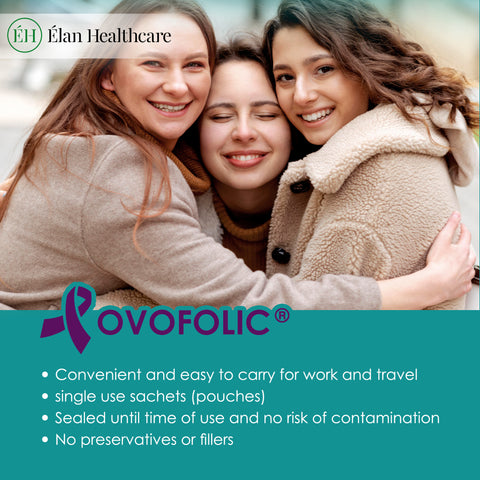
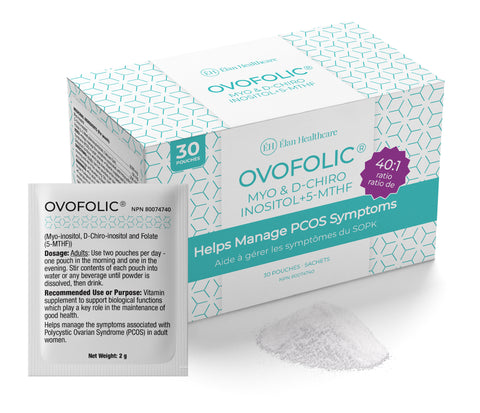









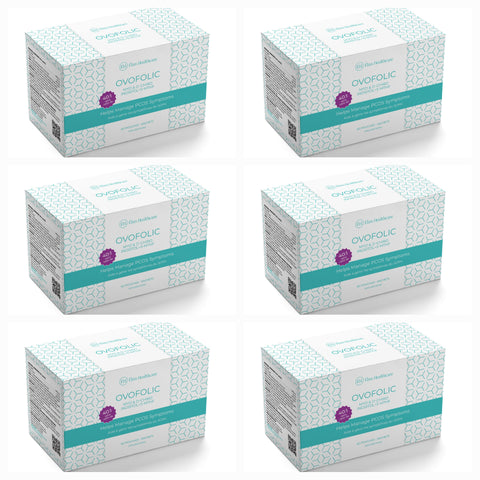
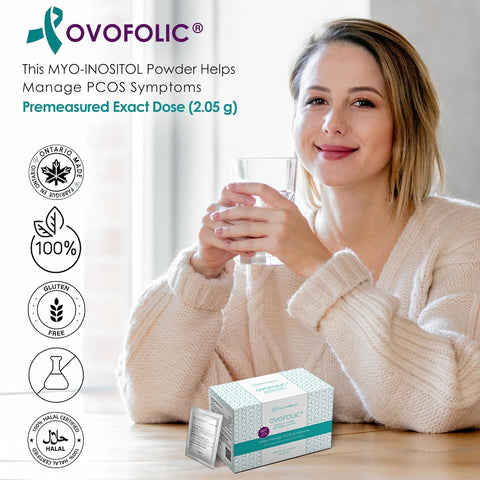
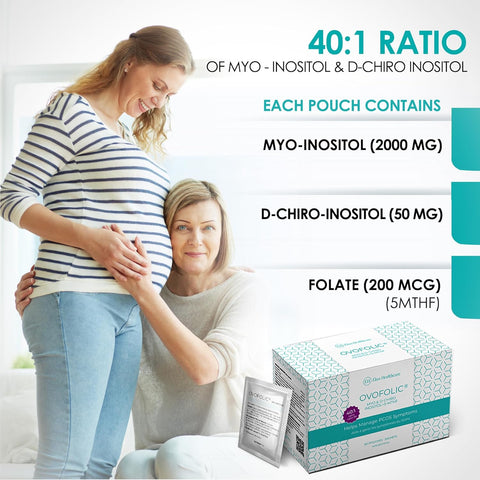
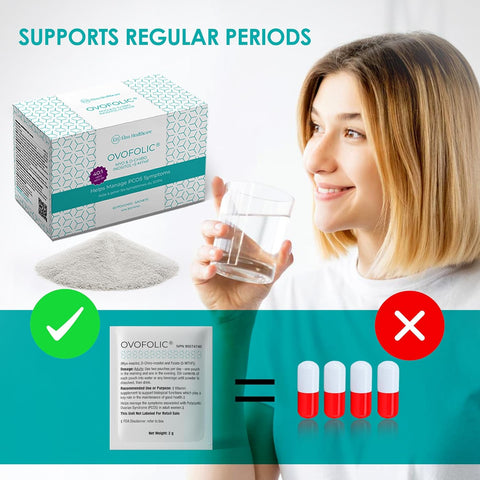
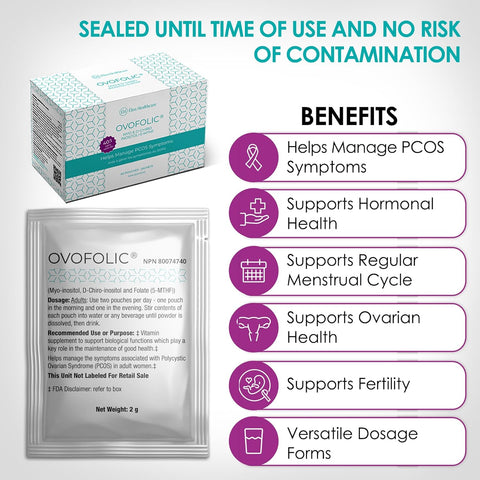
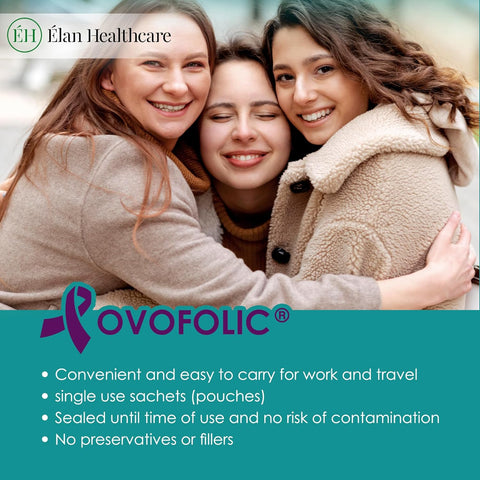
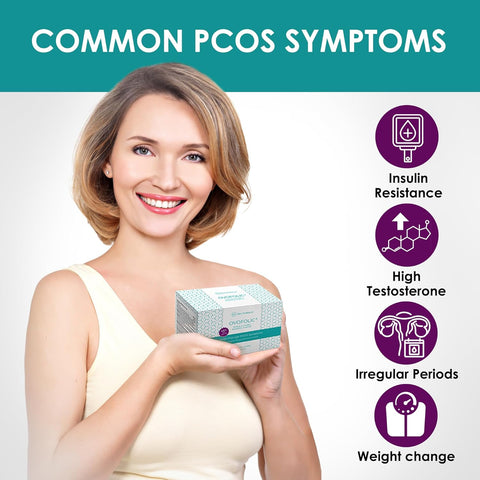
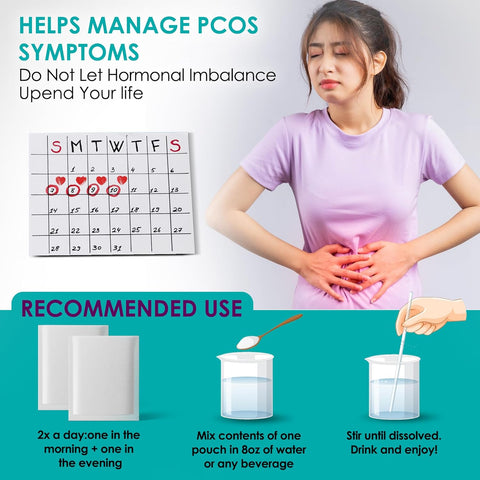


We have 6 comments. Add your voice to the conversation!
Hello Diana,
Thanks for your interest in our blog. There is no scientific evidence that inositol is good or bad for ischemic brain disease. Please speak with your doctor to choose a suitable supplement for you.
Hi Lana,
Thanks for reading our blog. We can’t offer individual medical advice but there is no general contra-indication for using inositol if you had a hysterectomy.
_Dr. Pari Saharkhiz
Hi Abi,
Most studies on inositol are for a few weeks or months and so far there is no evidence of issues with long-term use. However, each person is unique and it’s best to discuss with your healthcare provider about the best course of action.
Can or Should you take Inositol if you have had a total hysterotomy and still struggle with PCOS?
Would this work to help small ischemic brain disease in the brain?
Hello,
How long should inositol be taken for?
I have been taking it for the past two months for PCOS and it has regulated my periods.
How long should I be taking it tho? I’m sure if I stop, my period will unregulate themselves again – should I be cutting it down? Or is one small scoop a day in water safe for long term use?
Thanks,
+ Open to leave a Comment